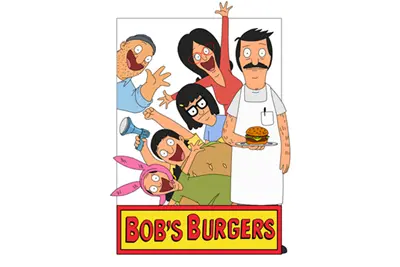Semester-ending Session Lets Musicians Play

05/22/2020
By David Perry
For nearly three hours on the last night of spring semester’s finals, current and former students of the Music Department gathered online with faculty and friends to cut loose in song. Even the department head chimed in.
The Minus One Virtual Karaoke Concert wasn’t beery barroom bluster. This was karaoke of a different stripe, an evening of virtual virtuosity, linked by computers and dedicated to putting to use ensemble studies, recording craft and a session that will help future music teachers better understand and collaborate with their audience. Singers used the Zoom platform to meet up and chat, then joined the video-streaming site Watch2Gether to view the lyrics on student-created videos.
It had been planned as a live in-person event, but along came a virus, moving the music — like everything else — online.
Singers signed up to croon over one of the pre-recorded pop instrumentals laid down by members of Minus One, the Music Department’s live band karaoke all-student ensemble. Some crooned with abandon. All were rewarded with enthusiasm and encouragement from session leader Savanah Marshall ’13 ’16, now an adjunct lecturer in the Music Department.
“Dude, you nailed it,” Marshall said in praise of one singer.
“Musicians need to make music and Savannah understands that better than anyone,” said Prof. Gena Greher, interim chair of the Music Department. “Plus, she really embodies the ethos of community music-making.”
At UML, the notion of such a karaoke performance was hatched in Marshall’s Progressive Performance and Production Pedagogy class, which led a lively karaoke session at the Chelmsford Senior Center in 2017. One of the keys to the class is the service learning element, which matches music students with community members.
The 17-song playlist, with pre-recorded background music by the Minus One, mixed the old (The Beatles’ “Blackbird” from 1968) with the more recent (Katy Perry’s 2010 “Teenage Daydream”). Students made videos for each song, recording every part of the music at home after the university moved classes online. The students then aligned the music with the lyrics to guide singers. And as part of the process, the students swapped instruments: Drummers played guitar, guitarists plunked the bass and keyboardists pounded the drums.
The audience included Greher (who chimed in with a karaoke version of Tina Turner’s “Simply the Best”), Provost and Vice Chancellor for Academic Affairs Joseph Hartman, and Alejandro Jones ’19, who joined the event from Valencia, Spain, where he is studying film scoring in a master’s program. Jones performed on bass with the seminal 2017 Chelmsford Senior Center karaoke show. This time, he sang “Roxanne” by The Police.
Marshall’s younger sister, Natasha, sang, as did a friend of Marshall’s who logged on from Texas.
The effects of COVID-19 provided a lesson in adaptation and improvisation, circumstances that musicians face all the time.
“I wanted to show my students not to give up or cut things short because things become difficult,” said Marshall. “Music is so damn important. For this, we go the extra mile. We figure it out. We have the expression ‘The show must go on’ for a reason.”
There were some minor technical glitches, lots of laughter and camaraderie, and the highlights included senior music studies major Andrew Collins’ live trombone performances of “Ave Maria” and a Bach cello piece.
Hartman was amazed by how “unfazed” the students were by organizing everything virtually, despite all they had to learn to do it.
“Instead of giving up, they found the right technological solution and improvised on their musical talent,” he said.
Hartman said such a course proves that “experiential learning builds community. These students weren’t just learning new instruments and performing their talents. They had clearly built a rapport with each other that was wonderful to witness.”
“It just shows what can be done with a little creativity and a lot of patience,” said Greher.
“I hope they get to do it again live someday so they can enjoy a real high-five after each song,” said Hartman.




